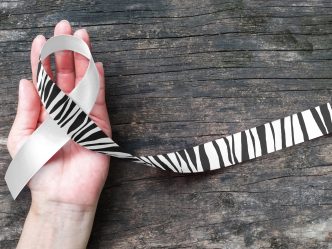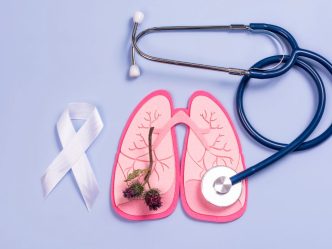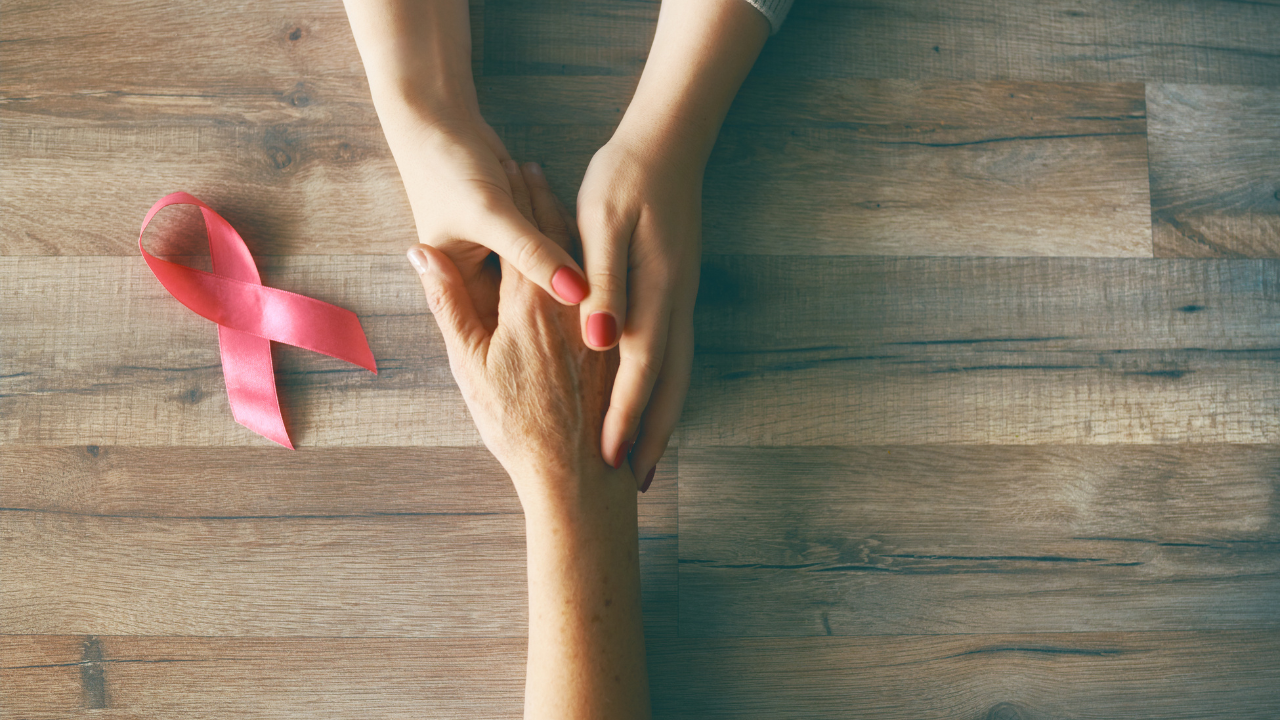Soy and dairy products have been controversial in the past whether they increase or decrease the risk of cancers. This confusion has continued to grow due to the lack of easy to interpret information available to the public. With the continued research throughout the years, studies have shown that when cancer patients incorporate soy and dairy products into their diet, they can experience positive results.
We often hear that consuming soy products is bad for you because it can increase the risk of cancer, specifically breast and prostate cancer. This rationale was determined because of the many trials conducted on animals that resulted in isoflavones being identified as the culprit that increased the risk of breast cancer. More research has been conducted with results demonstrating that isoflavones are metabolized differently in animals and humans. In humans, isoflavones attach to estrogen receptors in the body ultimately suppressing the growth of the tumor cell.
Examples of foods that are made from soy would be edamame, tofu and other meat alternatives, soy milk, soy sauce and miso. These foods come from whole soybean products that are excellent sources of protein, iron, B vitamins, and fiber. Be careful of high sodium content when consuming these products. Keep in mind that adding soy supplements are not recommended for possible mega dosing which can have a negative impact on your health. Whole soy food options are the best source for obtaining the nutrients needed. The intake of soybean products has also been linked to a decrease in coronary heart disease, menopause, and bone health.
With any food, allergic reactions can occur. Soy allergies are often common in babies and children therefore be aware of any allergic symptoms after consumption. Allergies could be in the form of itching, tingling sensations in the mouth and around the lips, wheezing, shortness of breath, and even hives. If you experience any of these symptoms, contact your doctor immediately and read the nutrition labels of every item purchased.
On the other hand, the intake of dairy has also been a highly debated topic with regards to whether it increases the risk of cancer. However, research has shown there is limited evidence proving that a cancer patient consuming a large serving of dairy products will do more harm. Dairy intake is important for the consumption and absorption of calcium to help maintain strong bones. Everybody should strive to have strong bones to prevent falls and fractures in older age. Cancer patients receiving radiation should be especially in tune to daily intake as radiation can result in weakened bones.
There have also been studies that have shown that dairy intake can decrease the risk of colorectal cancers. Calcium has been shown in studies to kill the cells associated with colorectal cancer. Regarding colorectal cancer, calcium, vitamin D, and the lactic acid found in the dairy products would help protect the patient. Research has shown inverse relationships between diary and cancers such as breast cancer, ovarian cancer, bladder cancer, and prostate cancer. Dairy has also been shown to prevent osteoporosis, hypertension, type 2 diabetes, and even metabolic syndrome.
With any cancer, there is the potential for the patient to experience weight loss. Having a good diet with adequate protein and calories is essential for the patient undergoing cancer treatment. Dairy products are a great source to help patients get adequate calories and protein during cancer treatment. Adding cheese to potatoes or broccoli, drinking milk shakes or simply string cheese are examples of how to incorporate dairy into the diet. If eating whole meals is hard for patient, eating small meals and snacking on high protein foods are ideal. Yogurt, a sandwich with cheese, crackers and cheese or even a small bowl of cereal can help with the intake of diary and achieving a high protein meal.
Depending on treatment and calories needed for the patient, a simple breakfast could be a bowl of cereal (milk or soymilk) and apple slices with peanut butter or pancakes and apple slices with cheese. Throughout the day snacking on nuts or edamame, yogurt with chia seeds, and even pudding or drinking a nutritional supplement such as boost or ensure can help increase calories and high protein content needed to build and maintain the integrity of the body.
The intake of soy and dairy products by cancer patients have a long history of being misunderstood. With more research and thorough understanding of how soy and dairy products are metabolized in the body, they are now welcomed with open arms as part of a patient’s daily intake. Both food items protect and lower the risk of cancer in patients in their own way. It is important that patients listen to their medical staff especially their physicians and dietitians when it comes to matters of rebuilding their bodies making them stronger and healthier. So, remember, eat edamame as an appetizer, try soymilk if there is a lactate intolerance, and enjoy your dairy products.





